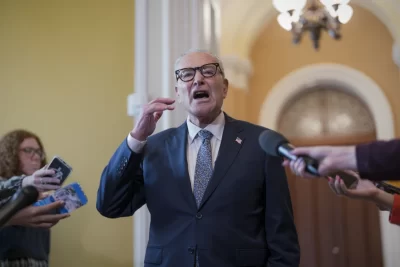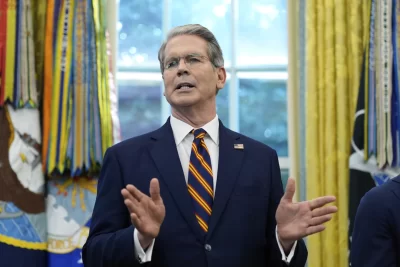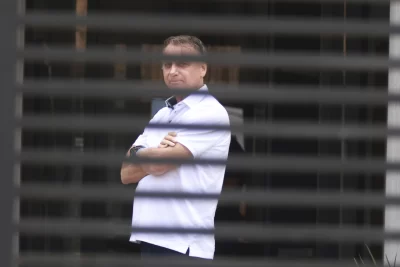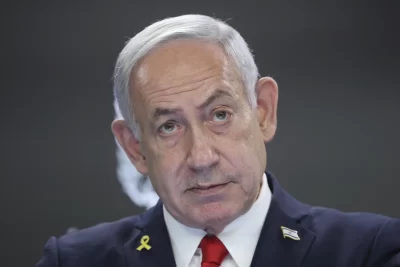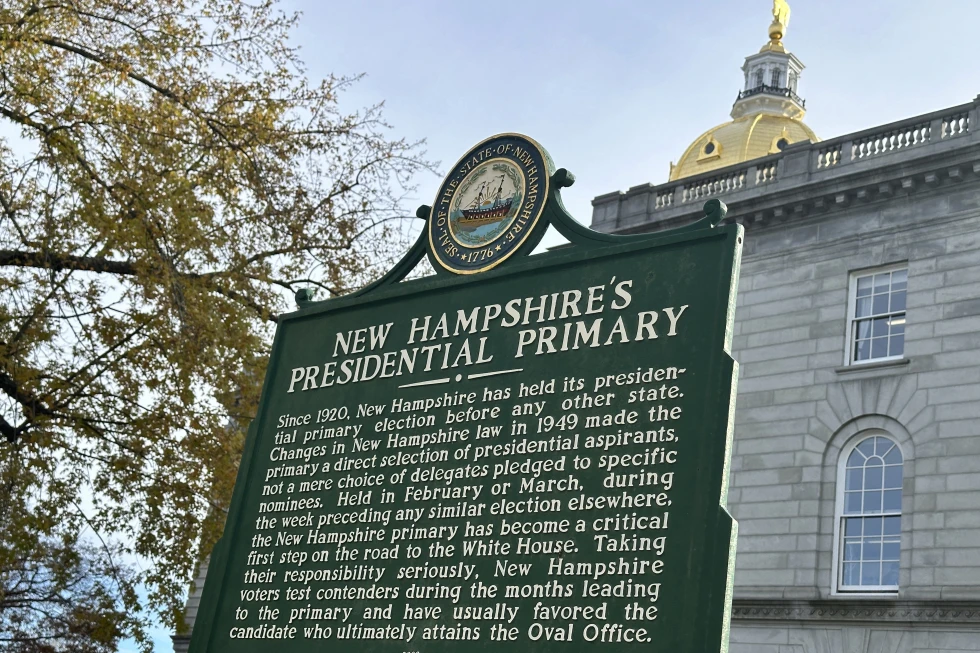
WASHINGTON — Is a New Hampshire primary without the frontrunner on the ballot and no delegates up for grabs still a New Hampshire primary? Depends on who you ask.
On Tuesday, voters in the Granite State will once again help kick off the presidential primary season, on the heels of the Iowa caucuses that began the nomination process on the Republican side Monday. But this year, there’s something different about the traditional first-in-the-nation primary, at least on the Democratic side.
For starters, the Democratic National Committee, which has the ultimate say in how its presidential nominee will be picked, says state party officials violated national party rules by scheduling its contest earlier than allowed. As a result, the primary will have zero delegates at stake on Tuesday. Normally, the contest would have determined how the state’s original allotment of 23 pledged delegates to the presidential nominating convention in Chicago this summer would be allocated to the various candidates.
The New Hampshire Democratic Party is nevertheless proceeding with the primary — which they note state law requires to be held before any other primary – and has already started the process of selecting people to serve as national convention delegates. This earned a sharp rebuke from the DNC, which called the upcoming primary both “meaningless” and “detrimental.”
Although Biden’s name will not appear as a printed option on the ballot, some New Hampshire Democrats have mounted an effort to encourage primary voters to cast their ballots for Biden as a write-in candidate. Write-in candidates are eligible to win elections in New Hampshire. President Lyndon Johnson did exactly that in 1968 when he won the New Hampshire primary as a write-in candidate, although he dropped out of the race 19 days later after what was widely perceived as a disappointing 8-point win over Minnesota Sen. Eugene McCarthy.
“It sounds like it would be a big job, but you have to remember, it is one race where it is ‘vote for one,’ and it’s fairly easy to sort through the ballots,” he told reporters at a briefing in October. “It’s going to be some extra work. I don’t know that it’s going to be that formidable.”
Scanlan has also said the counting process will be largely unaffected in communities that already hand-count ballots. The process will take longer in larger jurisdictions that use machines to count regular ballots because they will have to hand-count write-ins. He added that local officials are enlisting additional help to speed up the count.
“I think that is a challenge that can be overcome,” he said. “I fully expect the towns are going to be able to get the volunteer resources they need to help with that.”
The New Hampshire primary ballot provides would-be write-in voters with the following instructions: “To vote for a person whose name is not printed on the ballot, write in the name of the person in the ‘WRITE-IN’ space, and completely fill in the oval opposite your choice….” Scanlan advises voters to follow these instructions but adds that it’s important for local elections officials to determine the voter’s intent when reviewing ballots.
In New Hampshire, ballots without a darkened oval in a particular contest are typically categorized as “blank.” Thus, write-in votes where the oval is not filled in might be initially included in the “blank” total instead of the write-in total. This would be corrected as local election officials determine whether a ballot initially categorized as “blank” is actually a valid write-in vote.
As for variations in the spelling of a write-in candidate’s name, Scanlan says the name doesn’t have to be spelled correctly or written a specific way if the voter’s intent is clear.
“If they write in just ‘Biden,’ I think that intent is very clear. If they write in ‘Bidon,’ I think the intent is still pretty clear,” he said in October. “If they just write ‘Joe,’ then you have to ask the question, well, are there any other Joe’s on the ballot or running. If there are, then you probably don’t know which ‘Joe’ the person’s voting for.”
The Associated Press will report a running total of unprocessed write-in votes as provided by election officials. The AP will then provide a breakdown of write-ins for Biden as well as a combined total of non-Biden write-ins as local officials sort the ballots throughout the night and the following days. As the number of write-ins for Biden and “Other write-ins” goes up, the number of unprocessed write-ins will go down.


